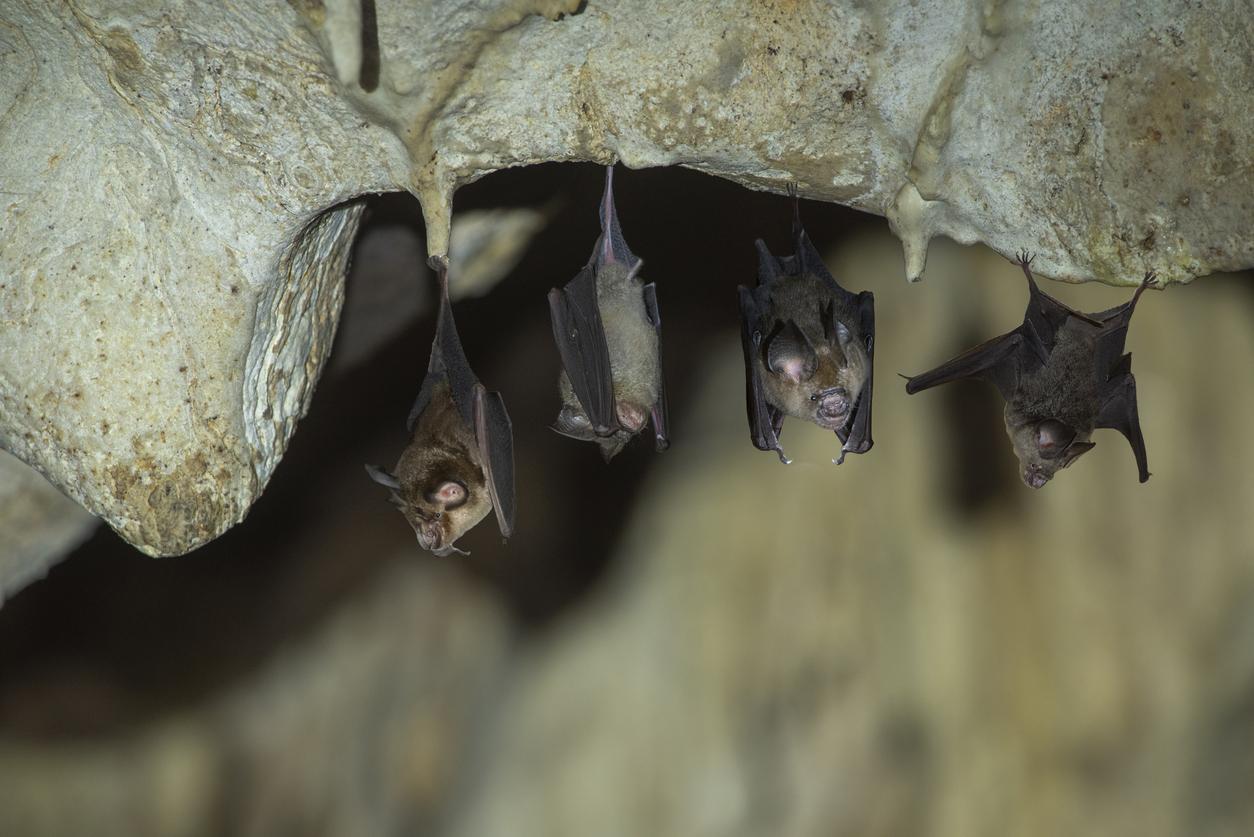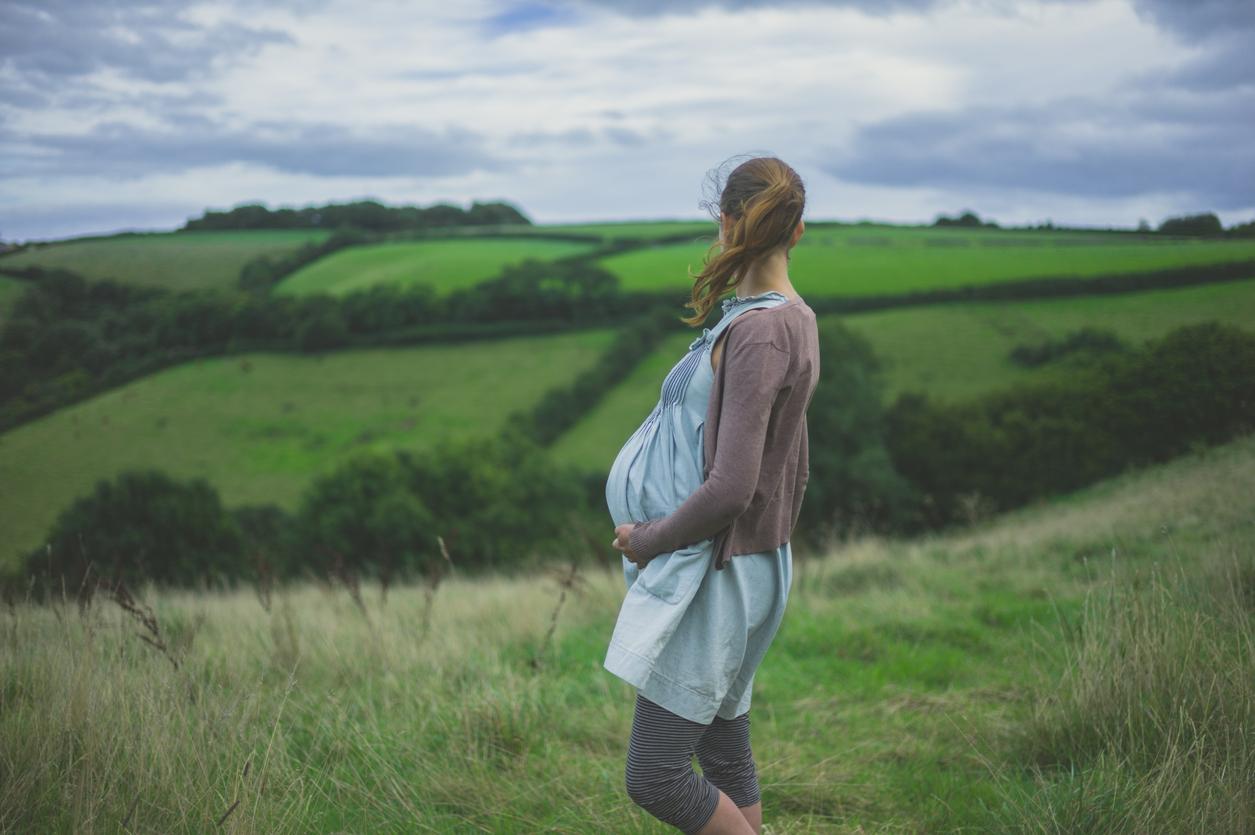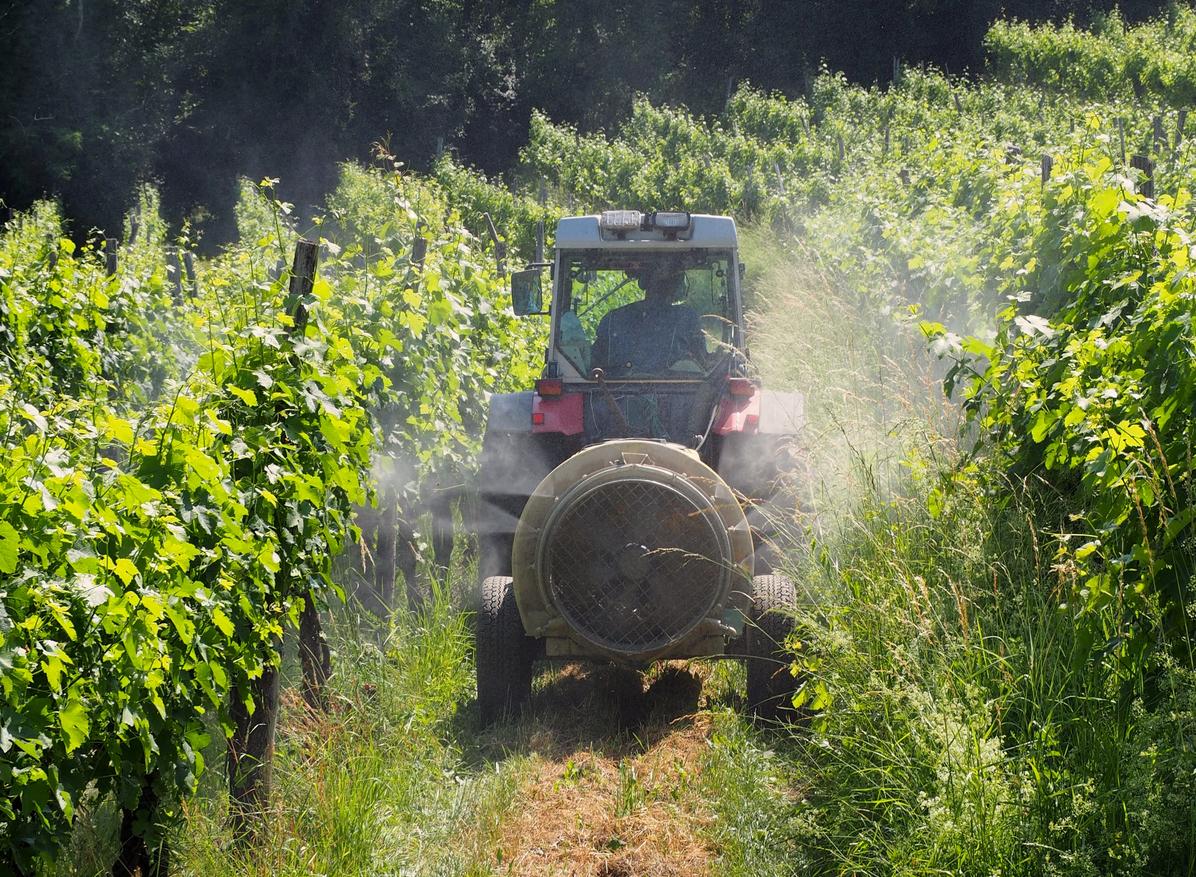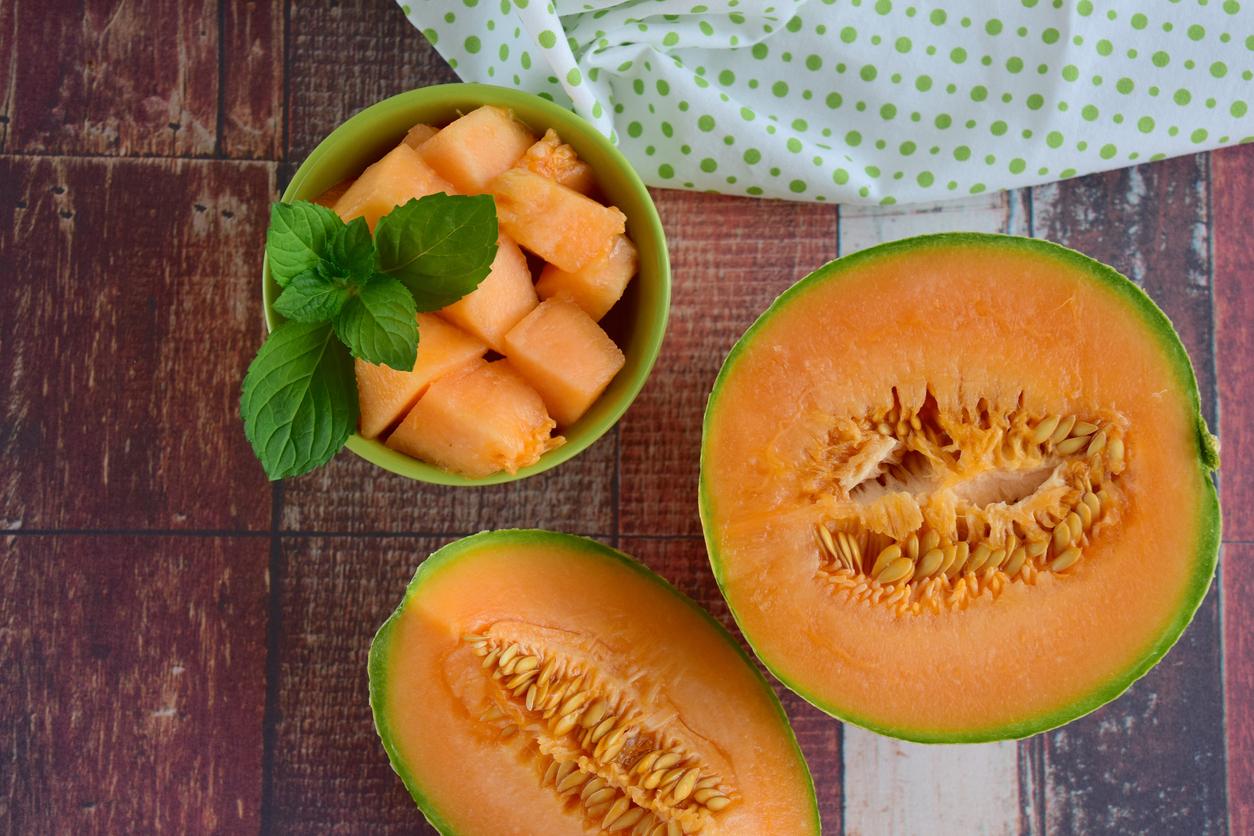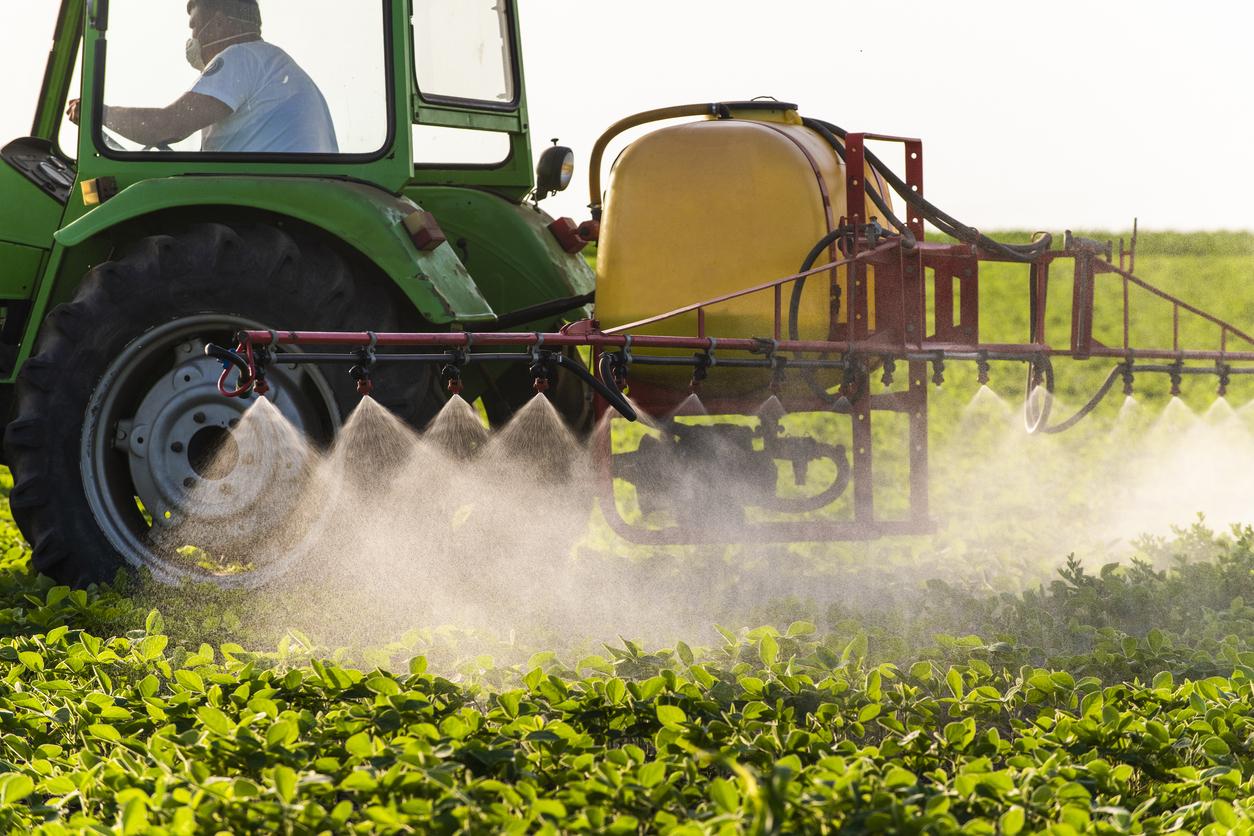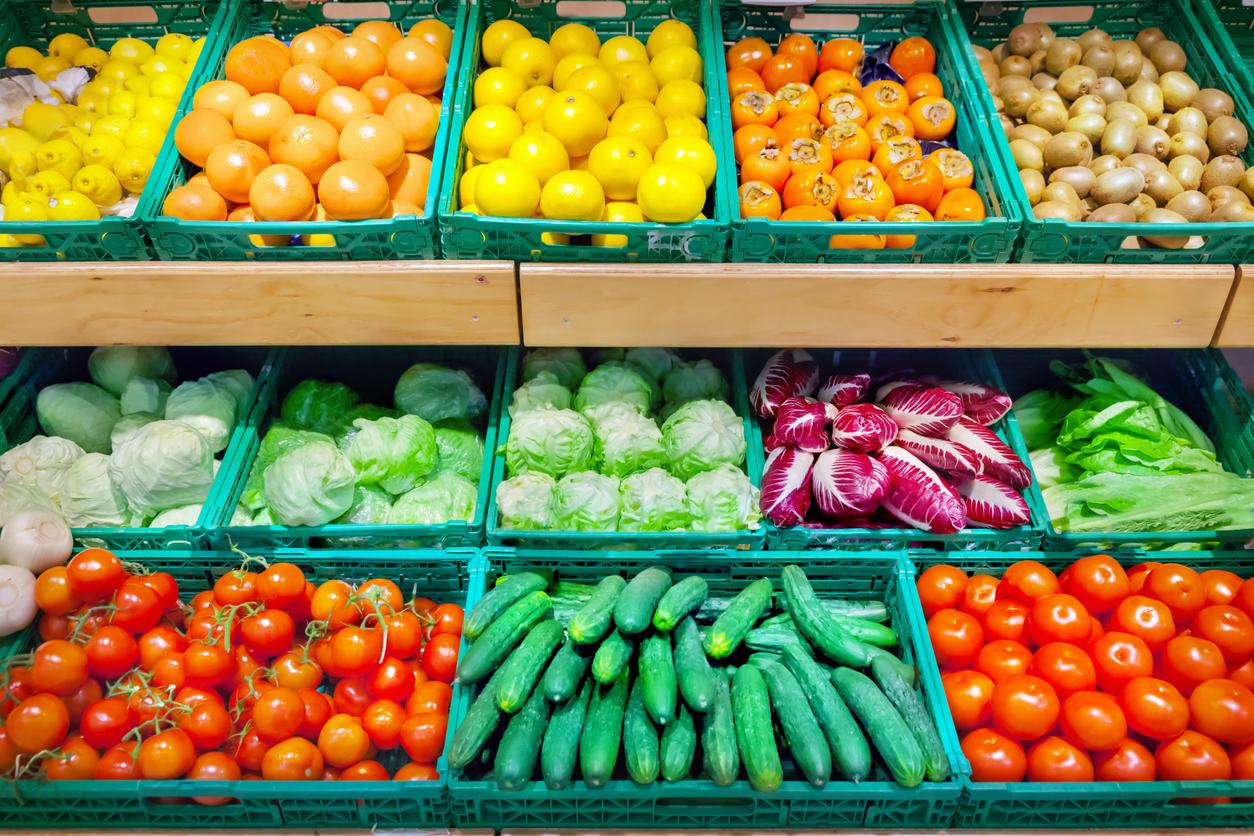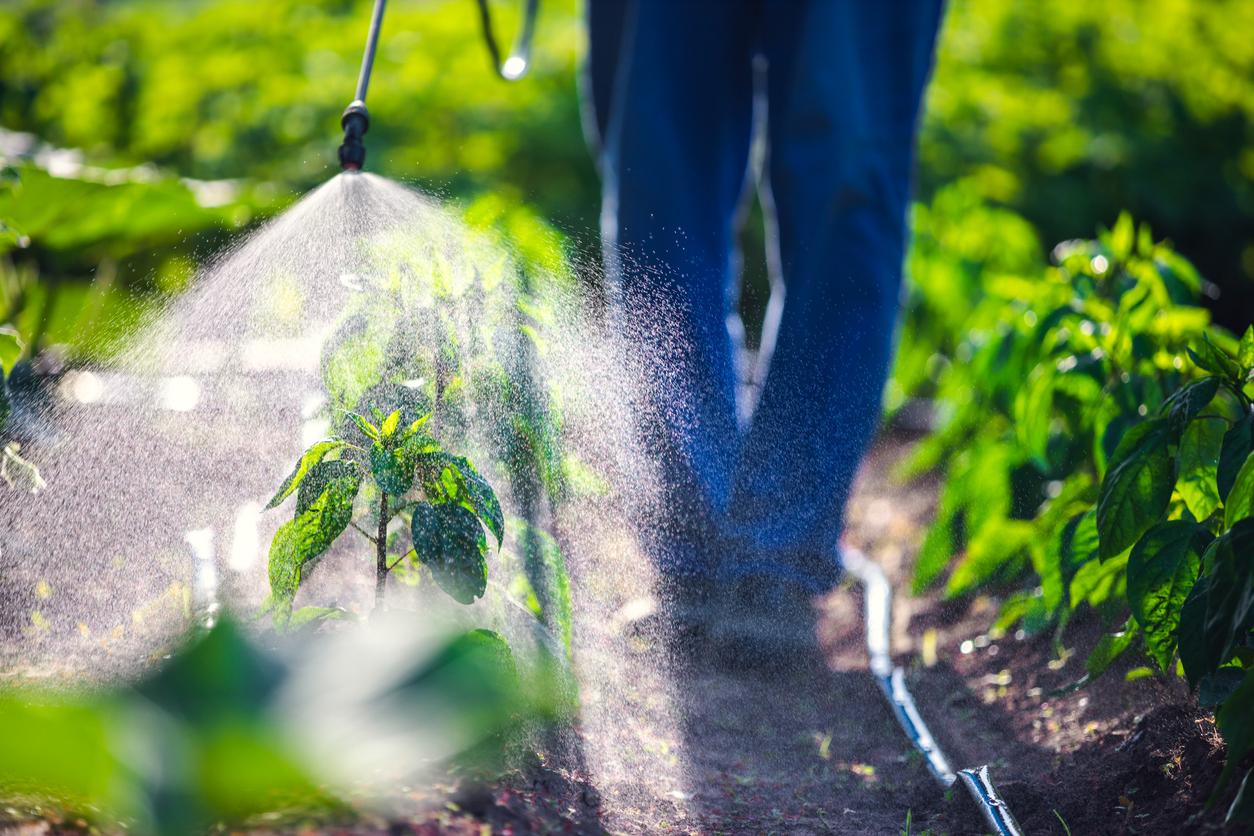A 25% drop in the use of pesticides should be achieved by 2020, according to the Minister of Agriculture, who spoke in “Liberation”.

Always fewer pesticides. This is the objective of the Minister of Agriculture Stéphane Le Foll which reveals in Release its plan to try to reduce their use by 50% within 10 years. The Minister also announces, before the 2025 deadline, “an intermediate level of 25% in 2020”.
To achieve this result, Stéphane Le Foll explains that he wants to rely initially on “the experience of the 2,000 pioneer ecophyto farms. They saw the use of pesticides drop on average by 12% in 2013, thanks to crop rotation, varietal diversification or recourse to biocontrol ”.
He intends to extend this network to 3000 experimental farms, and subsequently, on an “oil stain” effect so that the surrounding farms also get started.
The first plan to fight against the use of pesticides, resulting from the Grenelle de l’Environnement, had the ambition to reduce their use by 50% by 2018 … Only, the figures indicate that this goal will not be reached: none There was no decrease over the period and the consumption of pesticides even increased by 9.2% in 2013. On average, over the period 2011-2013, crops received 5% more phytosanitary products compared to 2009 -2011.
A study on the domestic use of pesticides
Pesticides are not only used by farmers. The vast majority of gardeners – whether green thumbs or budding gardeners – use them too. The National Agency for Food, Environmental and Occupational Health Safety (ANSES) launches Pesti’Home, a study on the domestic use of pesticides.
This study, carried out on populations living in Guadeloupe, Martinique and Reunion, aims to “better understand the domestic uses of products intended to eliminate pests in and around the house”. This is the first study carried out on this subject and its results will make it possible to better assess the exposure of the population, and to “define public health priorities aimed at reducing the exposure of populations to pesticides.” The study will begin on February 6 and will run for one to two months. A total of 600 households will participate.
Cancer risks vary depending on the type of crop
The scientific evidence proving the devastating effects of pesticides is mounting. The Agrican study – which studies cancer in agricultural settings – for example, found in October that the risk of lung cancer is twice as high among farmers engaged in the cultivation of field peas, in the pruning of fruit trees. or growing vegetables than in the general population. A difference which would be due to the use of pesticides.
According to a study published in June in Environmental Health Perspectives, these agricultural chemicals would also greatly increase the risk of autism or cognitive delay when the mother is exposed to them during gestation. Not to mention the controversial study by Prof. Gilles-Eric Séralini, for whom pesticides are up to 1000 times more toxic than previously estimated.
.










